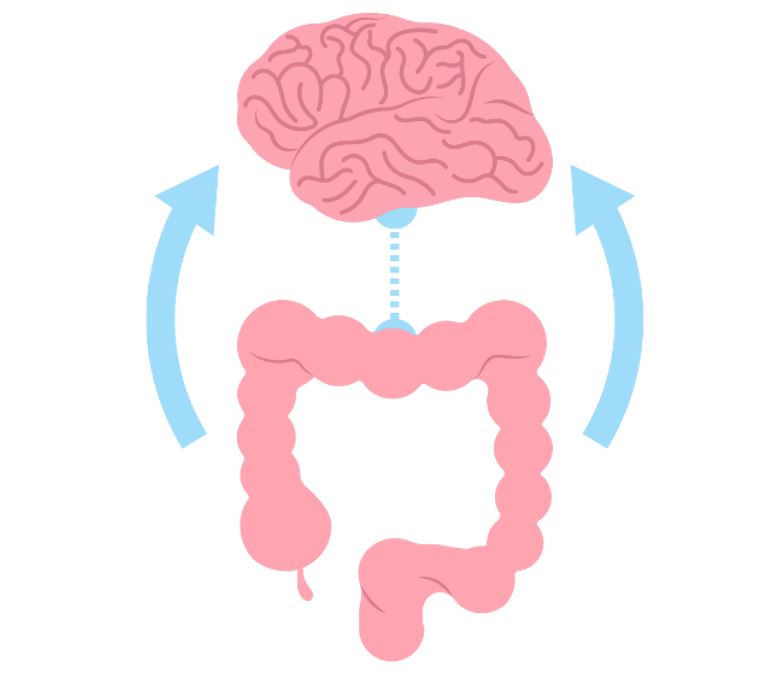We often think of mental health as a matter of the mind, but groundbreaking research has been shining light on a surprising player: the gut. The gut-brain connection, sometimes called the “second brain,” is transforming how we understand anxiety, depression, and overall emotional well-being.
Our gastrointestinal system is home to trillions of bacteria that make up the gut microbiome. These microscopic partners don’t just help us digest food; they produce neurotransmitters like serotonin and dopamine, which play vital roles in mood regulation, stress response, and mental clarity.
What’s even more fascinating is the two-way communication highway known as the gut-brain axis. Signals constantly travel back and forth between the gut and brain through the vagus nerve and the bloodstream. When the gut is healthy, these messages support resilience, focus, and emotional balance. But when the gut is inflamed or the microbiome is imbalanced (a state called dysbiosis), it can trigger symptoms like anxiety, irritability, and even cognitive fog.
So, how can you support your gut-brain connection?
- Eat for your microbes. Fiber-rich foods, fermented items like yogurt or kimchi, and polyphenol-rich plants (think berries and green tea) nourish beneficial bacteria.
- Minimize stress. Chronic stress disrupts the gut lining and microbiome. Mindfulness, therapy, and regular movement can help.
- Consider probiotics. For some, supplementing probiotics may rebalance gut flora, though it’s best to consult a healthcare provider.
- Stay hydrated. Proper hydration supports digestion and microbial health.
At Virtual-Counseling.com, LLC, we understand that mental health is multi-dimensional. That’s why our online therapy services can incorporate lifestyle coaching and holistic wellness discussions alongside evidence-based therapies. We invite you to take the next step on your mental wellness journey.
Interested in exploring how your gut might influence your mind? Visit us at www.Virtual-Counseling.com and schedule an appointment with one of our expert counselors today. Your path to better mental health could begin with your next meal.
